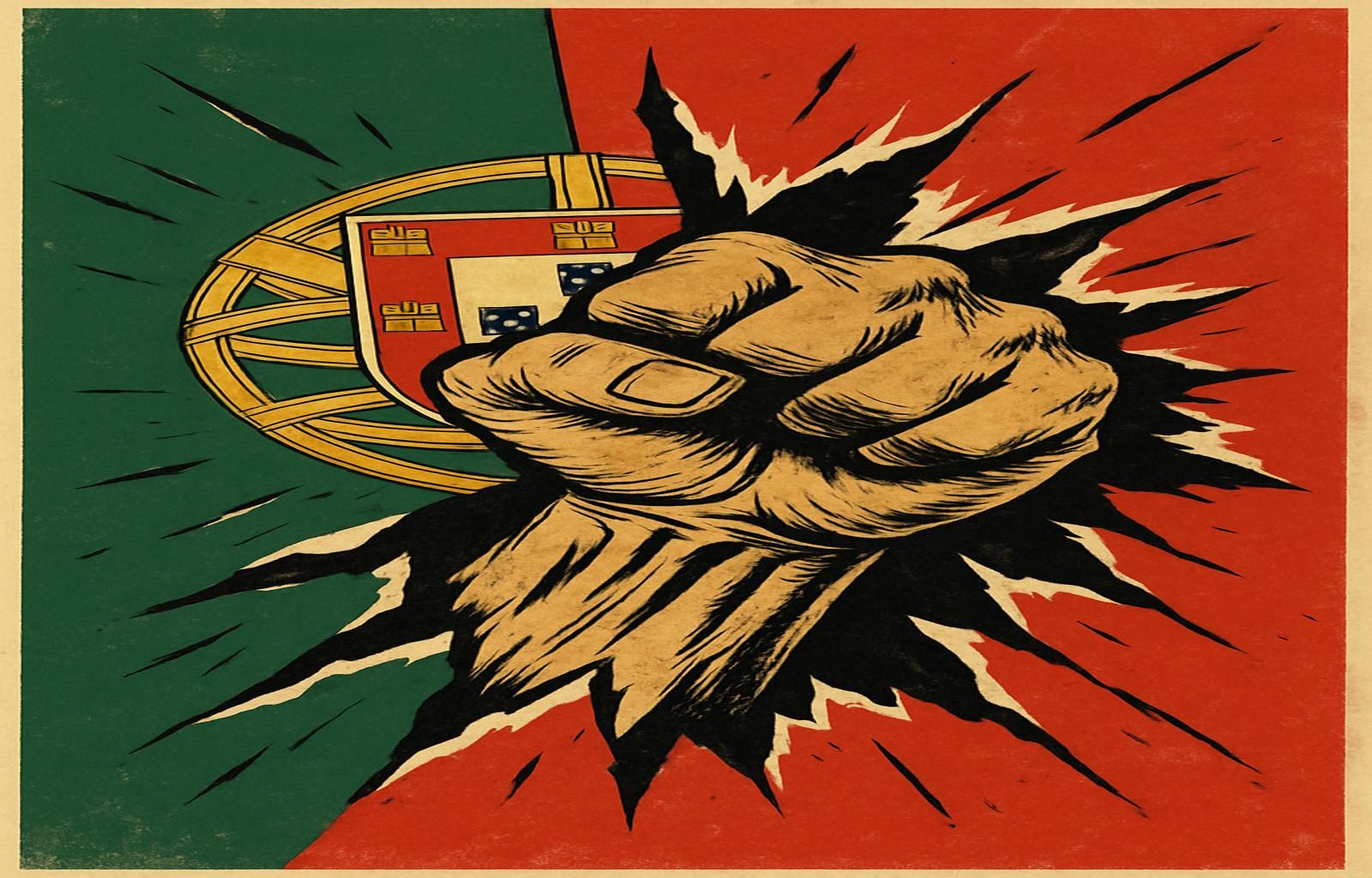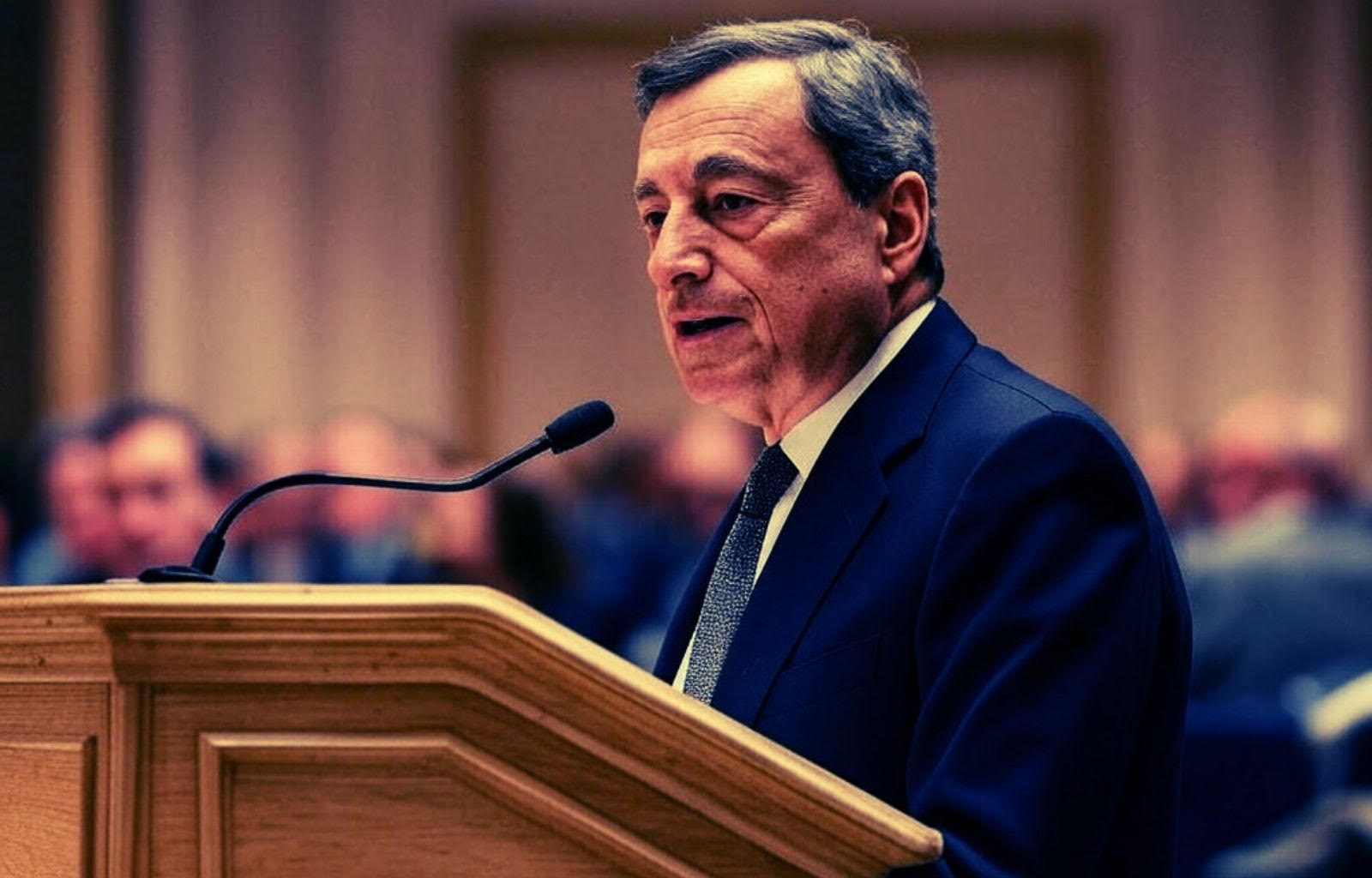Instability rising from North: the Dutch crisis and the new European fragility

Political instability is no longer a prerogative of southern European countries. The recent fall of the government in the Netherlands, led by Dick Schoof, and the structural difficulties in Germany and Sweden mark a paradigm shift in the perception of political solidity in northern Europe. The idea of a ‘Nordic exceptionalism’ – capable of combining administrative pragmatism, institutional resilience and a culture of compromise – seems to be collapsing under the weight of a global transition of political polarisation, systemic distrust and leadership in transition. The myth of theintangibility of these democracies is cracking, calling into question some of the founding narratives of the contemporary European project.
The crisis of traditional parties
This scenario is not born in a vacuum: it is the child of a cycle that has seen the demise of historic leaders such as Angela Merkel and Mark Rutte, the crisis of large coalitions and the loss of centrality of traditional parties. The new leaderships, often the result of precarious balances or technical agreements, are no longer able to represent a stable pivot. The inability to build long-term visions and the growing pressure of public opinion push governments into a fragile consensus management, where internal reputation and external reliability do not always converge. The transition from a politics of stability to a politics of contingency is now there for all to see.
Added to this picture is the advance of sovereignist oppositions that are increasingly effective in constructing simple narratives and exploiting widespread malaise. In this context, political communication is no longer a tool of government, but a weapon of assault. And countries that had made sober language and rational debate their hallmark, now find themselves forced to chase the media performativity of leaders capable of translating unease into slogans, without offering government solutions.
The end of the Nordic myth
For years, Northern European countries have been perceived as models of stability, governability and institutional efficiency.The Netherlands, Germany and Sweden embodied a political imaginary based on strong institutions, predictable decision-making processes and internal cohesion. However, this picture is now severely fractured: the recent Dutch political crisis, growing instability in Germany and institutional turmoil in Sweden signal the end of the myth of Nordic intangibility. European politics no longer has any sanctuaries: even the traditionally more solid democracies are now criss-crossed by waves of instability, polarisation and widespread distrust.
The fall of the Dutch government, only a few months after the formation of the executive led by Dick Schoof, is the latest sign of a political system now unable to offer solidity. Latent tensions between ideologically distant parties, growing pressure from populist oppositions , and internal conflicts over key issues such asimmigration have made the new government fragile from the outset. The premature end of the executive, supported by a heterogeneous coalition, put an end to the illusion that the Netherlands could represent an oasis of continuity in the European landscape.
Reinforcing this impression is the fact that Germany has undergone a similarly delicate transition in recent months: the difficult investiture of CDU leader Friedrich Merz has shown how even the furious engine of Europe is now struggling to produce governments with solid and lasting majorities. The German federal system, historically synonymous with reliability, has to deal with an increasing fragmentation of the vote and the strengthening of anti-system political forces such as Alternative für Deutschland (AfD). The initial lack of confidence in Merz and the instability that followed made a new reality evident: Germany is no longer the bastion of stability that Europe could count on.

Sweden, for its part, experienced a decade of gradual erosion of support for the traditional parties. The rise of the Sweden Democrats, an extreme right-wing party, upset the political balance and forced successive governments into unstable compromises. The growing legitimacy of securitarian and nationalist discourses deeply affected the country’s political culture, undermining the cohesion that had guaranteed stability and governmental capacity for years. Here again, the Scandinavian model entered a crisis.
Uncertainty after the ‘strong leader’ years
A central element that unites these dynamics is the end of the great political leaderships that had guaranteed continuity and solidity for over a decade. Angela Merkel‘s exit from the scene after 16 years of government has left a symbolic and operational vacuum in Germany. Her leadership, based on pragmatism, stability and mediation skills, had ensured Germany a leading role in Europe and an internal resilience that now appears compromised.
Similarly, Mark Rutte ‘s decision to leave politics after 13 years as prime minister in the Netherlands accelerated a process of breaking down the political order. Rutte had managed heterogeneous coalitions with tactical skill, providing his country with a precarious but functional balance. His exit left room for leaderships that were less established and more vulnerable to internal tensions.
The end of these leaderships therefore has a systemic significance: it is not just a matter of the natural turnover of the ruling class, but of the loss of symbolic and functional references in an era marked by discontinuity, overlapping crises and polarisation. In the absence of figures capable of embodying a vision and guaranteeing a minimum of political coherence, the governments of the Nordic countries have been exposed to the same volatility that they have observed elsewhere for years.
The current picture shows that no democracy can consider itself immune to the crisis of representation, the disenchantment of the electorate and the erosion of trust in institutions. Governments ‘modelled’ around strong and credible figures now seem to be the exception.Instability has become the new norm, even in political systems that were thought to be more mature and performing. This is the end of the Nordic exception: a transition that deserves attention and in-depth analysis, because it marks a paradigm shift in the interpretation of European stability.
Stability as a democratic illusion: causes and codes of fragility
Democratic stability, for decades the hallmark of northern European countries, is revealing its illusory nature. The Netherlands, Germany and Sweden – systems historically perceived as models of institutional solidity –are today experiencing a crisis of representation, political polarisation and executive instability that undermines the idea of a Nordic Europe immune to the turbulence of contemporary politics. But this crisis is not only structural: it is communicative, perceptive, narrative.
A first sign of this disconnect can be found in the dissolution of traditional narratives. The major governing parties can no longer tell the world in a credible and coherent way. The loss of value and identity references, combined with the complexity of contemporary challenges (climate, immigration, inflation, security), has shattered the interpretative frames with which European democracies used to explain and legitimise themselves. In the absence of these references, citizens are turning to new, often extreme voices capable of offering simple answers to complex problems.
And this is where the role of sovereignist oppositions comes into play. The new antagonist forces impose themselves not only by their political content, but by the form of their communication. They use rhetorical techniques aimed at polarisation, they rely on instantaneous, visceral, hypermedia communication. Their effectiveness lies in their ability to channel unease and transform it into a systemic attack against institutions, elites, compromise.
It is a policy of the ‘anti-‘: anti-government, anti-immigration, anti-Europe, anti-stability.
The most striking example can be observed in Sweden, where the rise of the Sweden Democrats has completely restructured the political spectrum, forcing a redefinition of alliances and a compression of the debate on key issues such as security, integration and welfare. Similarly, in Germany, the AfD has turned political rhetoric into a semiotic war, in which every public statement is designed for maximum engagement and provocation. The communicative dimension is no longer a tool, but an end: performativity has replaced responsibility.
In this context, the decision-making rationality traditionally associated with Northern Europe has also been eroded. Political decisions, especially among oppositions, are no longer taken on the basis of a strategic assessment of collective interests, but according to the visibility and clamour they can generate. Communication becomes action. The slogan replaces the programme. The press conference takes the place of consultation. It is the victory of a performing communication, centred on instantaneousness and the maximisation of short-term consensus.

Narrative simplification in turn contributes togrowing irresponsibility. Oppositions, although not in government, manage to impose the media agenda, dictating the issues, polarising the debate and forcing governments to follow. In this framework, even the most complex decisions are reduced to binary dilemmas, emptying democratic confrontation of its deliberative substance. And the simpler the communication, the more effective it is – but also the more damaging it is in the long run.
The exasperation of these mechanisms has produced a structural change: the communication of the oppositions has taken on characteristics of a shadow government, with the difference that it does not carry the burden of responsibility, but enjoys all the advantages of media aggression. It is a communicative paradox: those who have more symbolic power are those who have less actual responsibility. This reversal undermines the very foundations of the democratic contract, because it breaks the balance between speech and action, between proposal and accountability.
Finally, it is necessary to observe how institutional language has also undergone a process of hybridisation. Government parties, in order not to lose contact with the electorate, have begun to mimic opposition communication, accentuating tones, simplifying messages, seeking immediate visibility at the expense of narrative coherence. In this context, semantic fragmentation becomes political fragmentation. Words lose stability, and with them politics loses depth.
Stability, after all, is no longer a given. It is a fragile construction, exposed to the shocks of a political communication that has become a permanent state of campaigning. Understanding this dynamic is essential for those who want to analyse the present and predict the future of European democracies: a future that is increasingly played out in the space of communication and less and less in that of institutions.

The end of the ‘Nordic model’ mirrors the critical phase of European institutional communication
The stability crisis of the Nordic governments is not an exception, but a symptom. A symptom of a profound transformation in the relationship between citizen, power and narrative. The collapse of traditional government formulas, the loss of effectiveness of institutional language and the fragmentation of the political arena tell of a Europe that must reinvent itself. The end of the ‘Nordic model’ reminds us that no democracy is immune to fragility, and that stability is the product of effective, coherent, legitimised political communication.
It is no longer enough to govern: one must be able to represent government. It is no longer enough to administer: it is necessary to generate meaning. Trust, today, is not inherited but conquered every day, in a context of information saturation and narrative competition. Governments that do not understand this transformation run the risk of being overwhelmed by oppositions that, while lacking solutions, have found the formula to occupy the symbolic space of power.
Europe is thus in a critical phase, where the ability to reconstruct shared narratives, to promote communication that is not only performative but generative of legitimacy, is the real democratic challenge. The coming years will be decisive in understanding whether the current instability is a transitory passage or a new permanent state of European politics. And on this answer will depend the very future of the European project.











